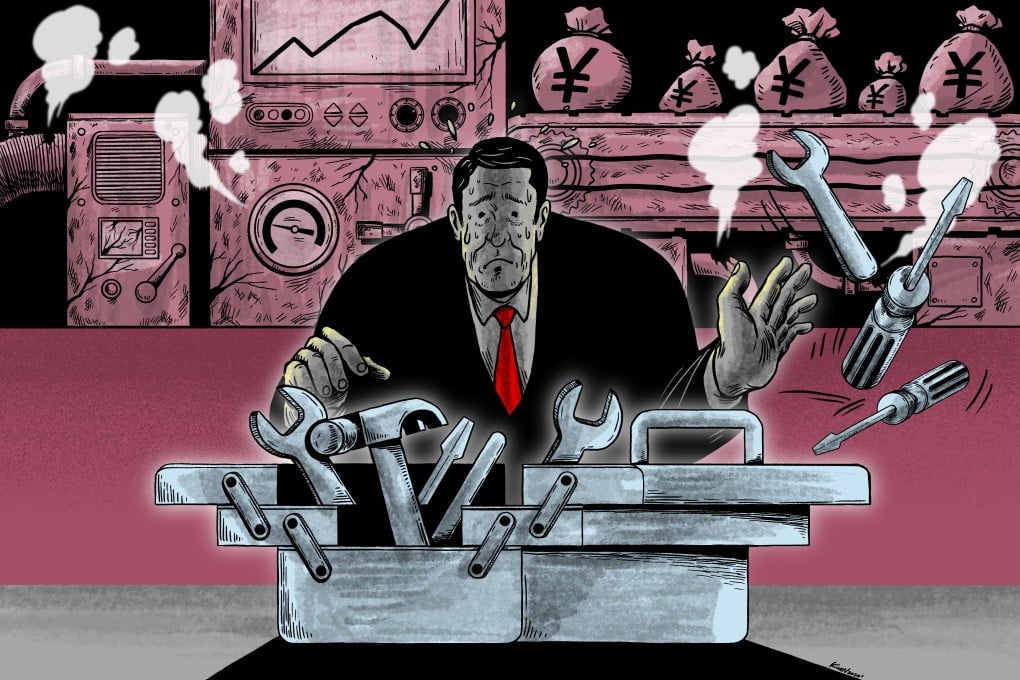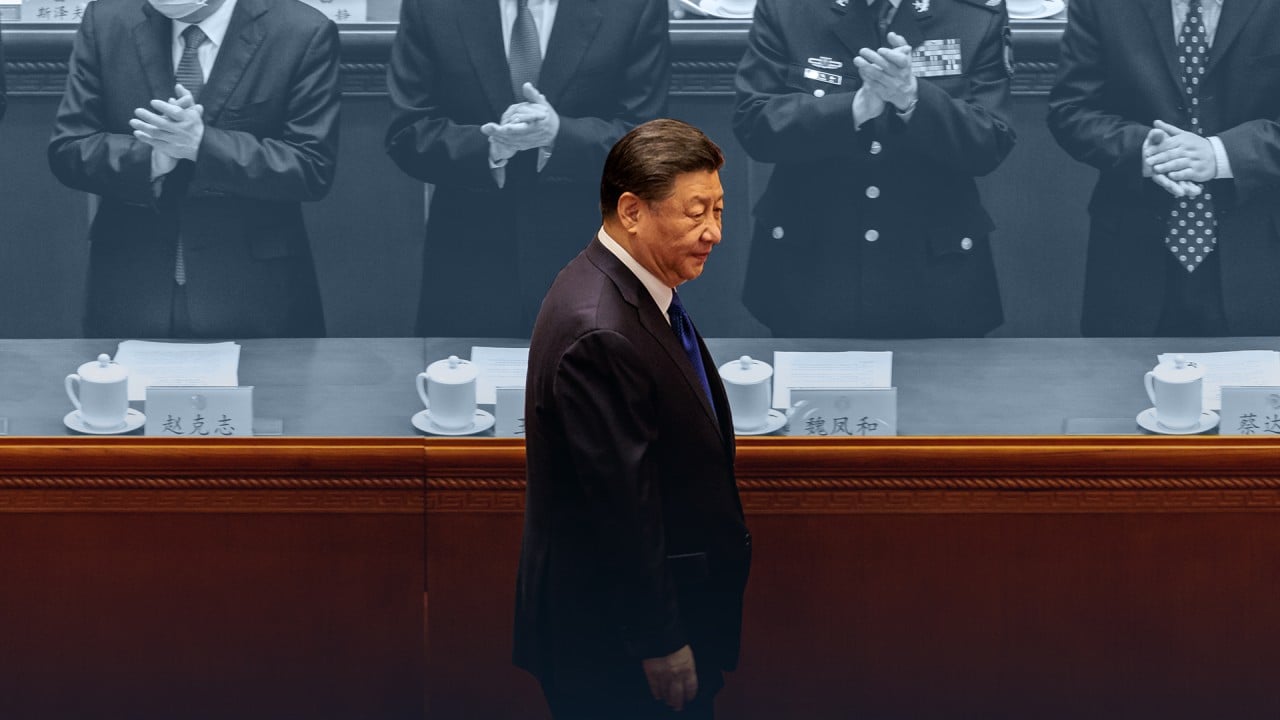China’s ‘two sessions’ 2024: have new pressures already fractured last year’s economic model?
- China saw better-than-expected growth in 2023 thanks to emerging industries, but oversupply and likely trade restrictions may foreclose those options
- Analysts recommend new approach in run-up to top legislative sessions, suggest clear road map for private sector, overseas investors

Though it is typically a time for warmer weather, this spring could bring a chill to China’s previously sizzling industries – particularly new energy – as hopes for a banner year of economic growth may not come to fruition if overcapacity concerns and strained trade relations prove enough of a hindrance.
“Prices began to tumble last year, as demand is not holding up when more products flood the market. Many that were thinking of expansion now have to do the opposite to survive,” said Mark Ma, a senior executive at a medium-sized photovoltaics (PV) component integration company in Guangdong province.
“The average unit price of PV panels has [taken a dive], from 1.8 yuan a year ago to 0.8 yuan (US$0.25 to US$0.11),” Ma said, adding the sector’s already thin margins would likely see a further squeeze this year.

